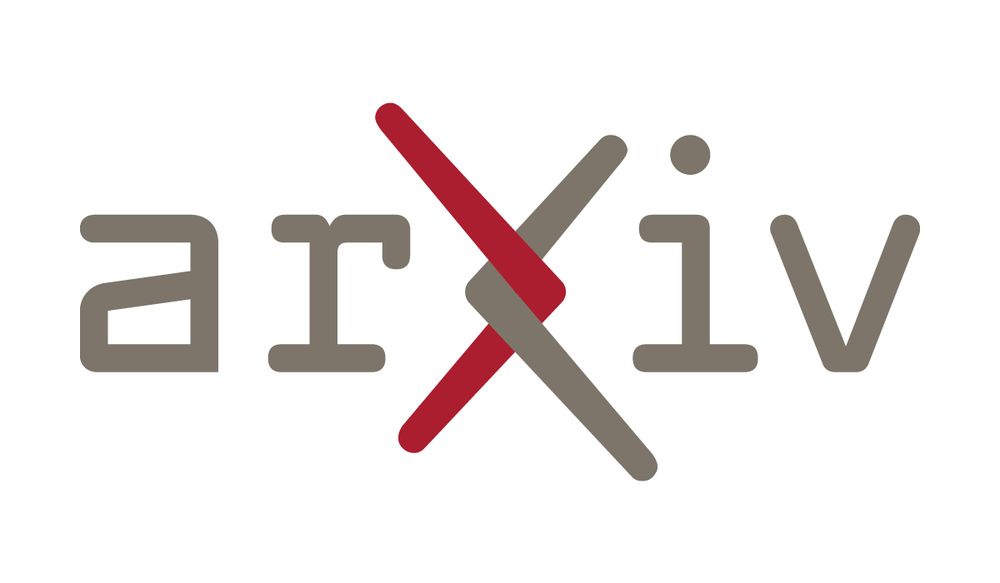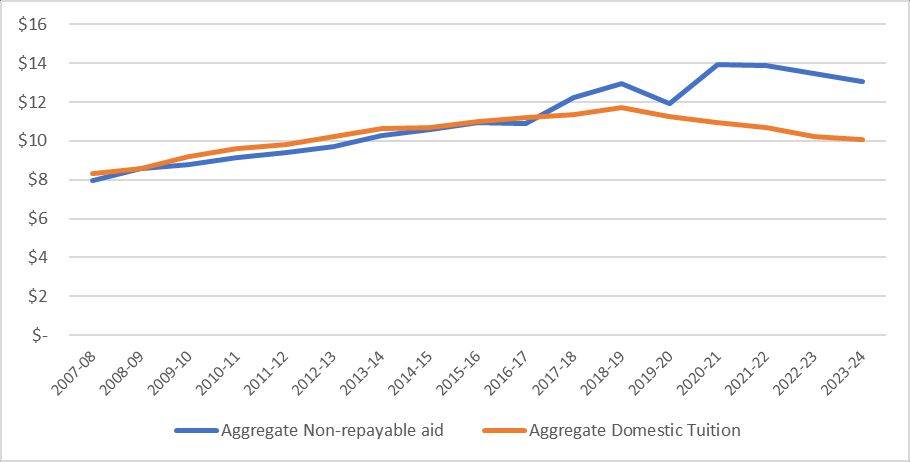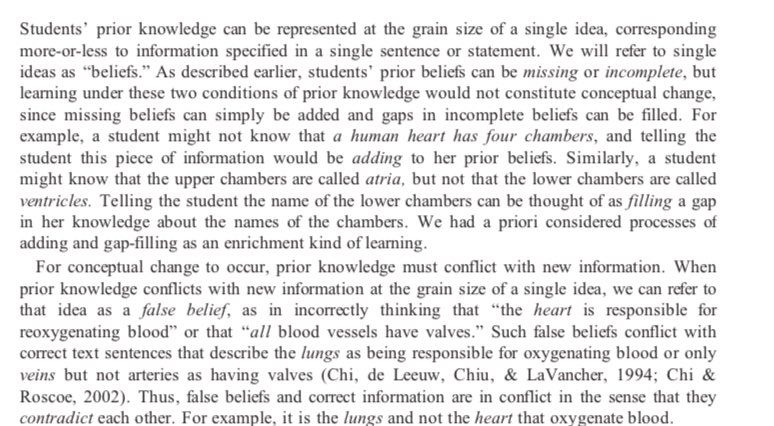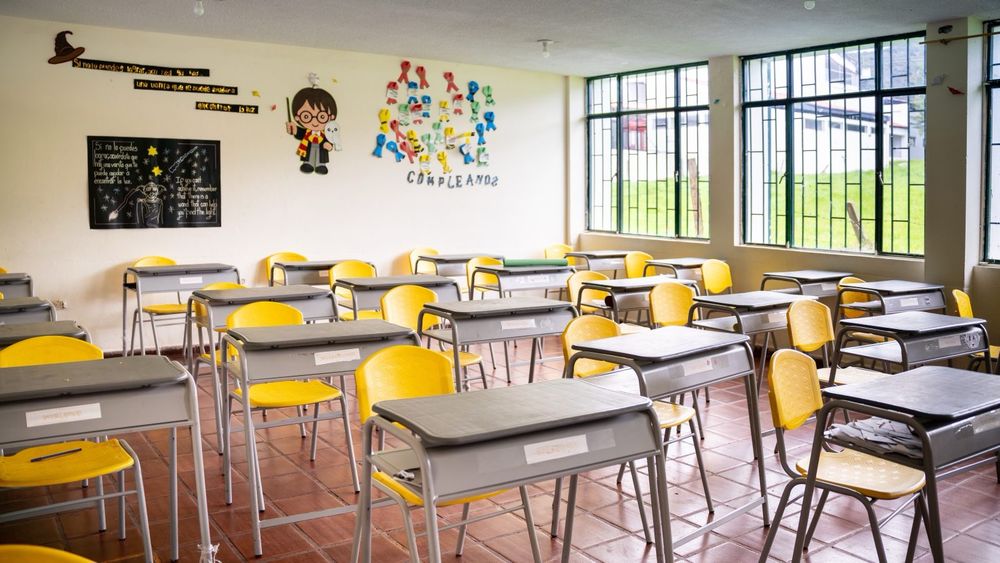
Studying math education at the postsecondary level. Currently examining the growth of student mathematical understanding when taking asynchronous online math classes.
#MathEd #OnlineEd
"This report doesn’t claim to solve the challenges of online learning, but it ... telling us how to design better ones."
👉 Read my summary here: www.dontwasteyourtime.co.uk/elearning/20...

"This report doesn’t claim to solve the challenges of online learning, but it ... telling us how to design better ones."
👉 Read my summary here: www.dontwasteyourtime.co.uk/elearning/20...

academic.oup.com/pnasnexus/ar...

academic.oup.com/pnasnexus/ar...

www.researchgate.net/publication/...

www.researchgate.net/publication/...

1. This is being passed off as a benefit of generative AI.
1/x

1. This is being passed off as a benefit of generative AI.
1/x







Check it out for an overview of thoughts from education experts and leaders on the #ai zeitgeist! #aied
doi.org/10.54675/KEC...
Check it out for an overview of thoughts from education experts and leaders on the #ai zeitgeist! #aied
doi.org/10.54675/KEC...
technology adoption can create or exacerbate inequalities between early and late adopters, particularly if the technology confers significant learning advantages.” arxiv.org/abs/2508.00717 Given schools’ jagged adoption AI, this is worth considering. #eduskyAI

technology adoption can create or exacerbate inequalities between early and late adopters, particularly if the technology confers significant learning advantages.” arxiv.org/abs/2508.00717 Given schools’ jagged adoption AI, this is worth considering. #eduskyAI

More recent models generally have lower drops in performance. jamanetwork.com/journals/jam...

More recent models generally have lower drops in performance. jamanetwork.com/journals/jam...








